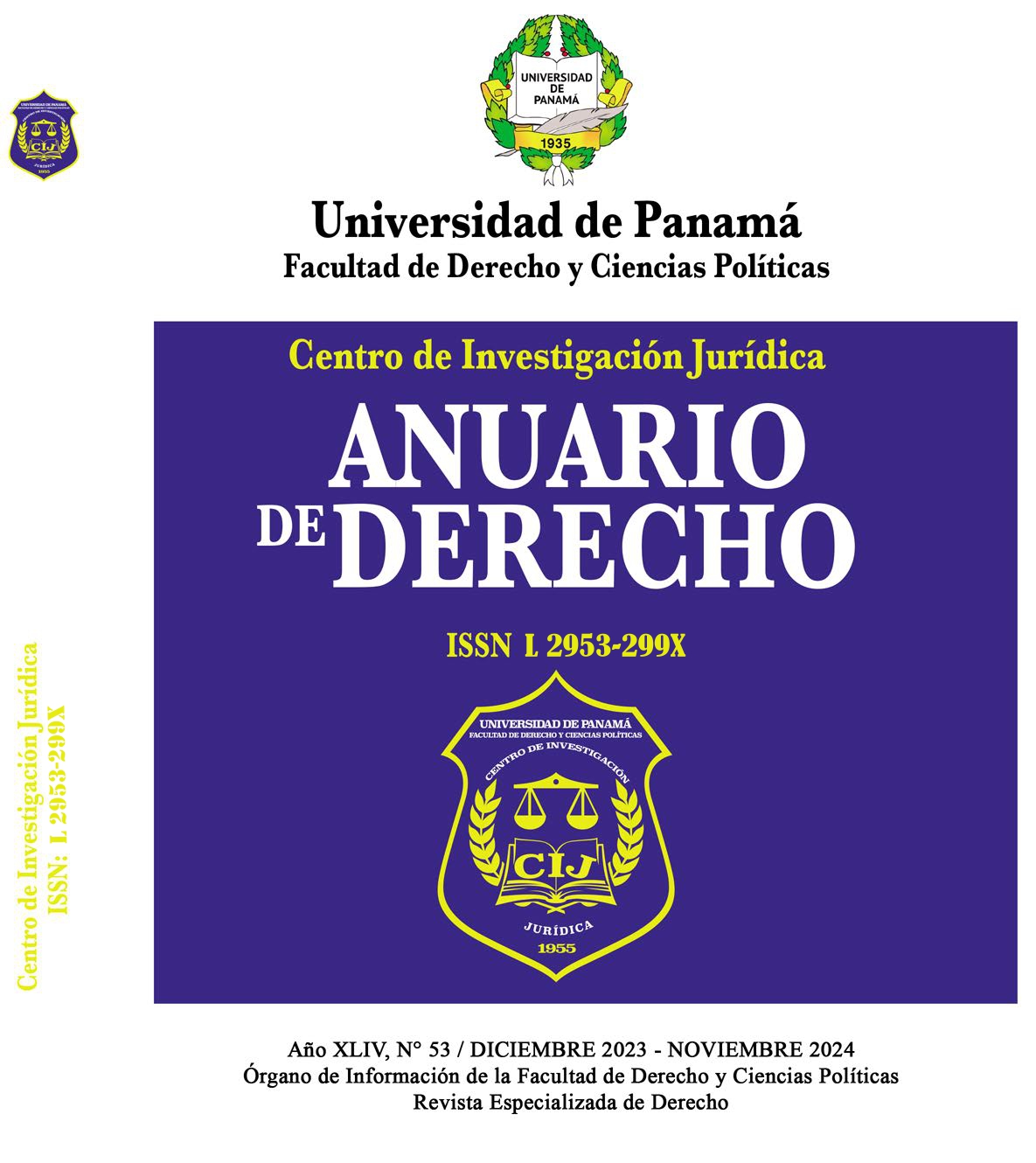

Copyright (c) 2024 Anuario de Derecho

This work is licensed under a Creative Commons Attribution-NonCommercial-ShareAlike 4.0 International License.
Since the end of the 18th century and the middle of the 19th century, instruments of international law were developed that aimed to make war less cruel or, even though it sounds counterproductive, to humanize war, with the signing of the San Francisco charter, and the birth of The United Nations among its main contributions is the banning of war, but even in the face of this, the International Committee of the Red Cross (ICRC), elaborated the 4 Geneva Conventions of 1949 that later in 1977 their additional protocols were annexed. Prohibiting war was not going to stop the ambition of the States, and understanding this, a whole regulatory framework is created that has the purpose of complying with certain rules in the midst of conflicts. But the classic concept, reached by the Geneva Conventions and developed for centuries about who is a combatant and who is a belligerent in the middle of a conflict, has been changing throughout the 19th century, clear examples such as the Basque group ETA in Spain, terrorist group that caused great damage, such as the Irish Republican Army IRA, which faced the British crown in search of its independence, through the use of unconventional actions, or the Tupamaro in Uruguay, who carried out acts of the same firm considered terrorist against the established power. But it is not until the attacks on the World Trade Center on September 11, 2001, that a new paradigm emerges by virtue of the attacks recognized by the terrorist group Al Qaeda, commanded by Osama Bin Laden, which introduced a new actor, who used unconventional actions and where the objective was not only state infrastructures but also to provoke the greatest possible terror, to the point of changing our way of living, introducing a series of regulations, and starting the war against an invisible enemy, the war on terrorism.